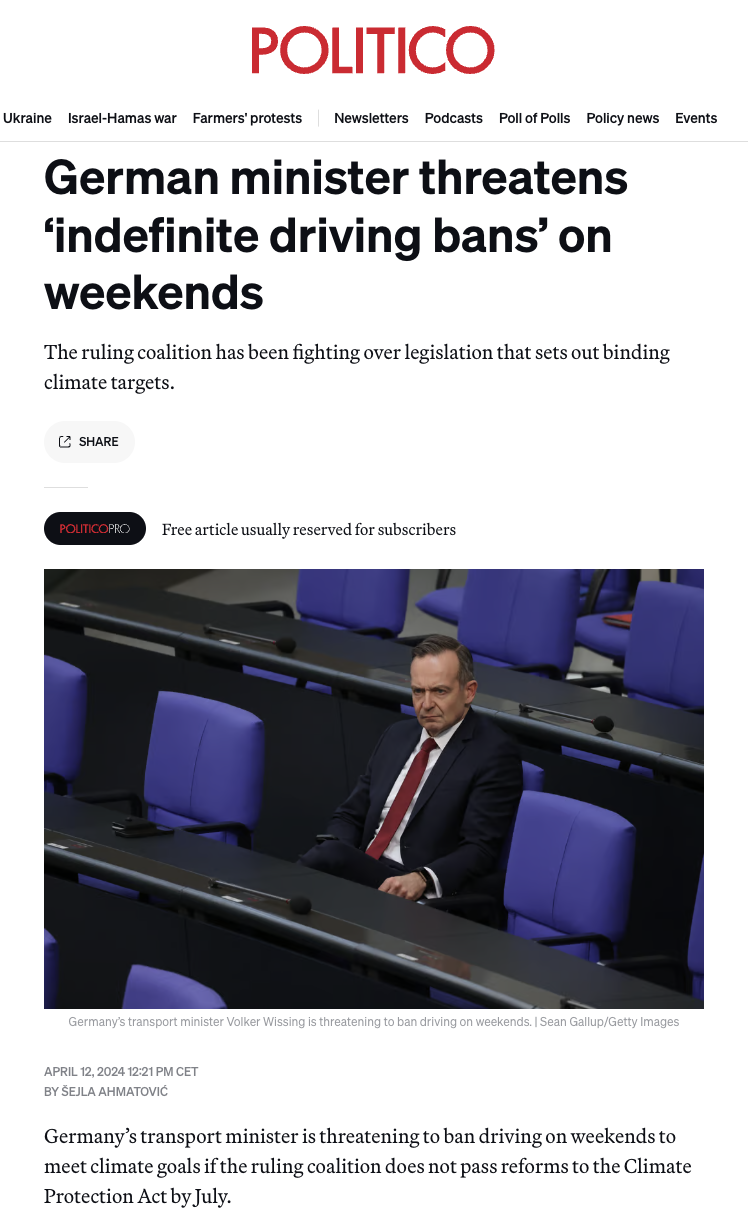Gore’s 2006 film came out smack dab in the middle of the so-called global warming “hiatus” — a period of about 15 years with no significant warming. Gore promised global warming was “uninterrupted and intensifying.” That’s not exactly what happened.
The hiatus, or “slow down” as some have called it, in warming has forced scientists to go back and rethink the climate models they used to predict ever-rising global temperatures.
“The bottom line is that global surface temperature experienced a warming slowdown over the early-2000s, and this slowdown was at odds with our expectation from most climate model simulations,” wrote John Fyfe, a Canadian climate modeler and author of a recent commentary on the hiatus.
Fyfe’s blog post comes after years of intense debate among climate scientists over the accuracy of climate models and over how much global warming people can expect in the future.
Cato Institute climate scientists Patrick Michaels and Chip Knappenberger have been at the forefront of arguing global warming was at the low-end of climate model predictions, and that future warming won’t be as bad as alarmists like Gore suggest.
Michaels and Knappenberger, who call themselves “lukewarmers,” argue climate models have been over-predicting global warming for the past six decades. The scientists say there’s been an increasing disparity between the models and observed temperatures in recent years.
“This is a devastating indictment of climate model performance,” Michaels and Knappenberger wrote in a December white paper.
Satellite-derived temperature readings also showed a prolonged “hiatus” in global warming for about two decades, despite rising carbon dioxide emissions.
“When a theory contradicts the facts” you need to change the theory, climate scientist John Christy told Congress in a January hearing. “The real world is not going along with rapid warming. The models need to go back to the drawing board.”
Christy and his colleague Roy Spencer run a satellite temperature dataset at the University of Alabama, Huntsville. Their satellite data has shown no warming for about two decades, and has been cited by researchers skeptical of claims of catastrophic global warming.
“The bulk atmospheric temperature is where the signal is the largest,” Christy said in the hearing, referring to the greenhouse gas effect. “We have measurements for that — it doesn’t match up with the models.”
“Because this result challenges the current theory of greenhouse warming in relatively straightforward fashion, there have been several well-funded attacks on those of us who build and use such datasets and on the datasets themselves,” Christy said.


